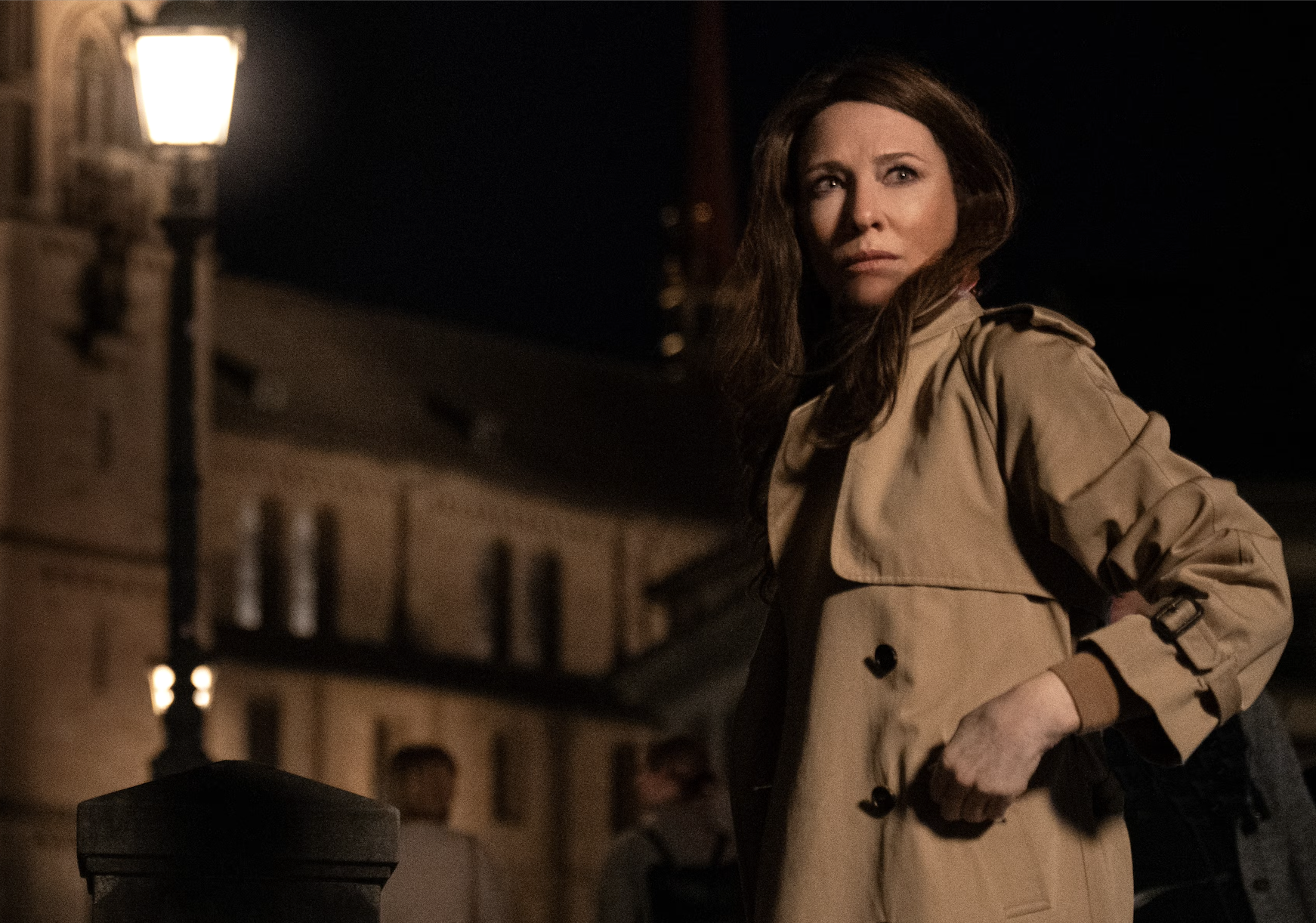Steven Soderbergh’s spy film Black Bag, currently in theaters, has come out just a few months after his ghost film Presence, making one wonder when the director actually sleeps.
Black Bag is by far the bigger hit with the critics though, getting glowing reviews from all over even as it tanks badly at the box-office.
I’m with The People. Nothing to see here that you couldn’t appreciate just as much when it’s streaming on television, if you’re so inclined.
But the glowing reviews seem to indicate that this slick little film is some sort of dream of cinematic sophistication. I don’t see it.
Soderbergh is gifted, obviously, as is his favorite screenwriting collaborator, David Koepp. But I watched Black Bag thinking, I wish these two would stop rushing willy-nilly through unambitious genre films and settle down to some more focused work. Like maybe an ambitious genre film. Because none of these hasty little movies are exactly setting the world on fire.
The way Koepp resolves the narratives of these minor efforts he knocks out at a record rate is almost invariably sloppy and unsatisfying — the ending of Black Bag is ludicrous. Though it does have a funny punchline, as if the whole movie were a joke leading up to the moment when Cate Blanchett tells a group of spies gathered around a dining room table, “And don’t any of you ever try to mess with my marriage again!”
Black Bag is a marital comedy-drama disguised as a spy film, and you can tell that by the way the climactic interludes are two dinner party scenes at the swanky home of a pair of posh married British intelligence agents, Kathryn and George Woodhouse (played by Blanchett and Michael Fassbender). The two are known for committing “flagrant monogamy” in a devoted way that all their colleagues find odd. Not because it’s the era of polyamory, but because everybody else lies and cheats so much, in a way that’s particularly…
Auteur: Eileen Jones

